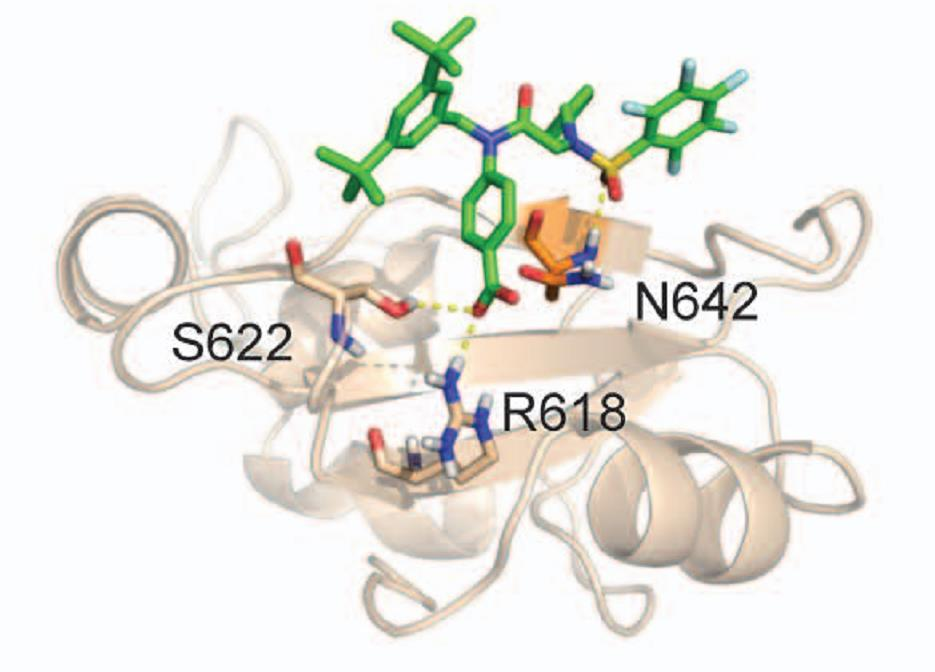Acute myeloid leukaemia (AML) is the most common type of acute cancer of the blood and bone marrow in adults. This type of cancer usually progresses quickly and only 26 percent of the patients survive longer than 5 years as resistance against established treatments arises. The most common molecular cause is FLT3 mutations, which result in hyper-activation of STAT5. An international consortium of researchers cofounded by SFB-F61 now report on an early preclinical development to target STAT5 directly, which cooperates well with existing therapies.
Publication in Leukemia:
Bettina Wingelhofer, Barbara Maurer, Elizabeth C. Heyes, Abbarna C. Cumaraswamy, Angelika Berger-Becvar, Elvin D. de Araujo, Anna Orlova, Patricia Freund, Frank Ruge, Jisung Park, Gary Tin, Siawash Ahmar, Charles-Hugues Lardeau, Irina Sadovnik, Dávid Bajusz, György Miklós Keserű, Florian Grebien, Stefan Kubicek, Peter Valent, Patrick T. Gunning and Richard Moriggl,
Pharmacologic inhibition of STAT5 in acute myeloid leukemia, Leukemia (2018), doi:10.1038/s41375-017-0005-9
